Invited SPEAKERs
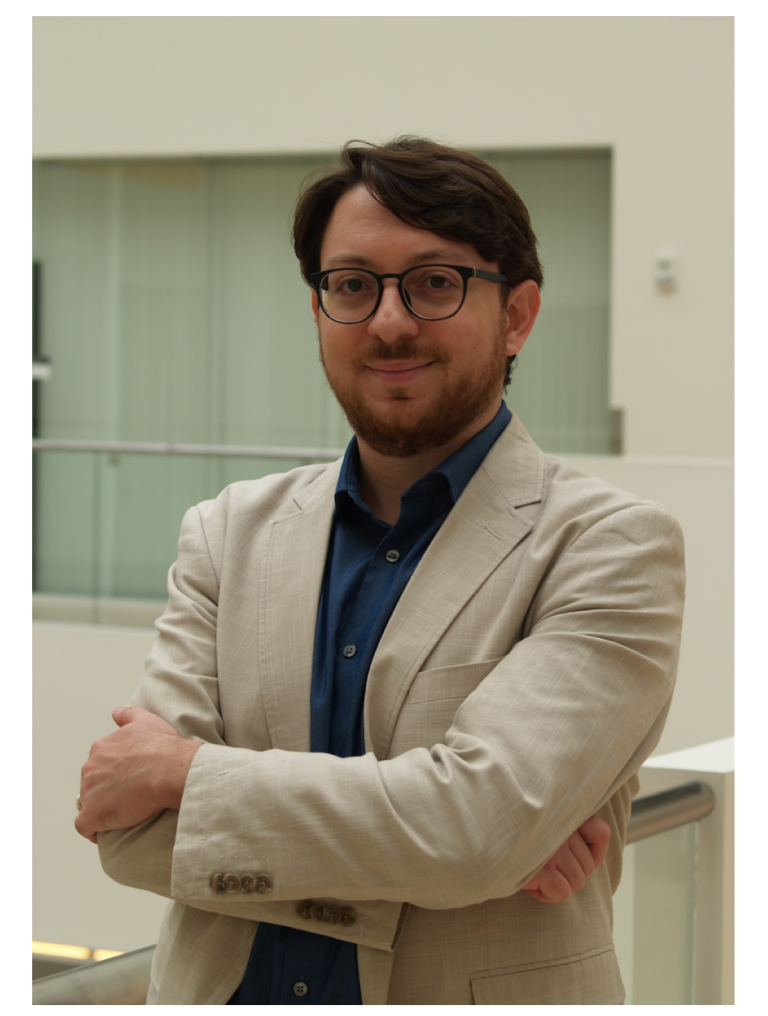
Luca Carlone is the Leonardo Career Development Associate Professor in the Department of Aeronautics and Astronautics at the Massachusetts Institute of Technology, and a Principal Investigator in the Laboratory for Information & Decision Systems (LIDS). He received his PhD from the Polytechnic University of Turin in 2012. He joined LIDS as a postdoctoral associate (2015) and later as a Research Scientist (2016), after spending two years as a postdoctoral fellow at the Georgia Institute of Technology (2013-2015). His research interests include nonlinear estimation, numerical and distributed optimization, and probabilistic inference, applied to sensing, perception, and decision-making in single and multi-robot systems. His work includes seminal results on certifiably correct algorithms for localization and mapping, as well as approaches for visual-inertial navigation and distributed mapping.
He is a recipient of the Best Student Paper Award at IROS 2021, the Best Paper Award in Robot Vision at ICRA 2020, a 2020 Honorable Mention from the IEEE Robotics and Automation Letters, a Track Best Paper award at the 2021 IEEE Aerospace Conference, the 2017 and the 2022 Transactions on Robotics King-Sun Fu Memorial Best Paper Award, the Best Paper Award at WAFR 2016, the Best Student Paper Award at the 2018 Symposium on VLSI Circuits, and he was best paper finalist at RSS 2015, RSS 2021, and WACV 2023. He is also a recipient of the AIAA Aeronautics and Astronautics Advising Award (2022), the NSF CAREER Award (2021), the RSS Early Career Award (2020), the Google Daydream (2019), the Amazon Research Award (2020, 2022), and the MIT AeroAstro Vickie Kerrebrock Faculty Award (2020).
He is an IEEE senior member and an AIAA associate fellow. At MIT, he teaches “Robotics: Science and Systems,” the introduction to robotics for MIT undergraduates, and he created the graduate-level course “Visual Navigation for Autonomous Vehicles”, which covers mathematical foundations and fast C++ implementations of spatial perception algorithms for drones and autonomous vehicles.
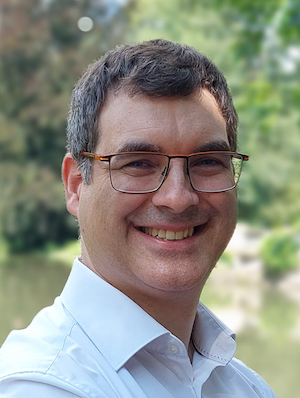
Nicolas Padoy is Professor of Computer Science at the University of Strasbourg, France. He is also Scientific Director and Director of Computer Science and Artificial Intelligence Research at the IHU institute for minimally invasive surgery in Strasbourg. He joined the University of Strasbourg as an Assistant Professor on a Chair of Excellence in September 2012, where he created and is currently leading the research group CAMMA on Computational Analysis and Modeling of Medical Activities. CAMMA focuses on computer vision, medical image analysis, activity recognition, artificial intelligence and the applications thereof to surgical workflow analysis and human-machine cooperation during surgery. Nicolas Padoy graduated with a Maîtrise in Computer Science from the Ecole Normale Supérieure de Lyon in 2003 and with a Diploma in Computer Science from the Technische Universität München (TUM), Munich, in 2005. He completed his PhD jointly between the Chair for Computer Aided Medical Procedures at TUM and the INRIA group MAGRIT in Nancy. Subsequently, he was a postdoctoral researcher and later an Assistant Research Professor in the Laboratory for Computational Interactions and Robotics at the Johns Hopkins University, USA. In 2015, Nicolas Padoy was awarded the Guy Ourisson Prize by the Cercle Gutenberg, which recognizes promising young researchers in Alsace. In 2020, he was awarded one of 43 national AI Chairs by the Agence Nationale de la Recherche (ANR) for his project AI4ORSafety. In 2023, he was awarded an ERC Consolidator grant for his project CompSURG. He is currently General Chair of the international IPCAI conference on "Information Processing in Computer-Assisted Interventions.
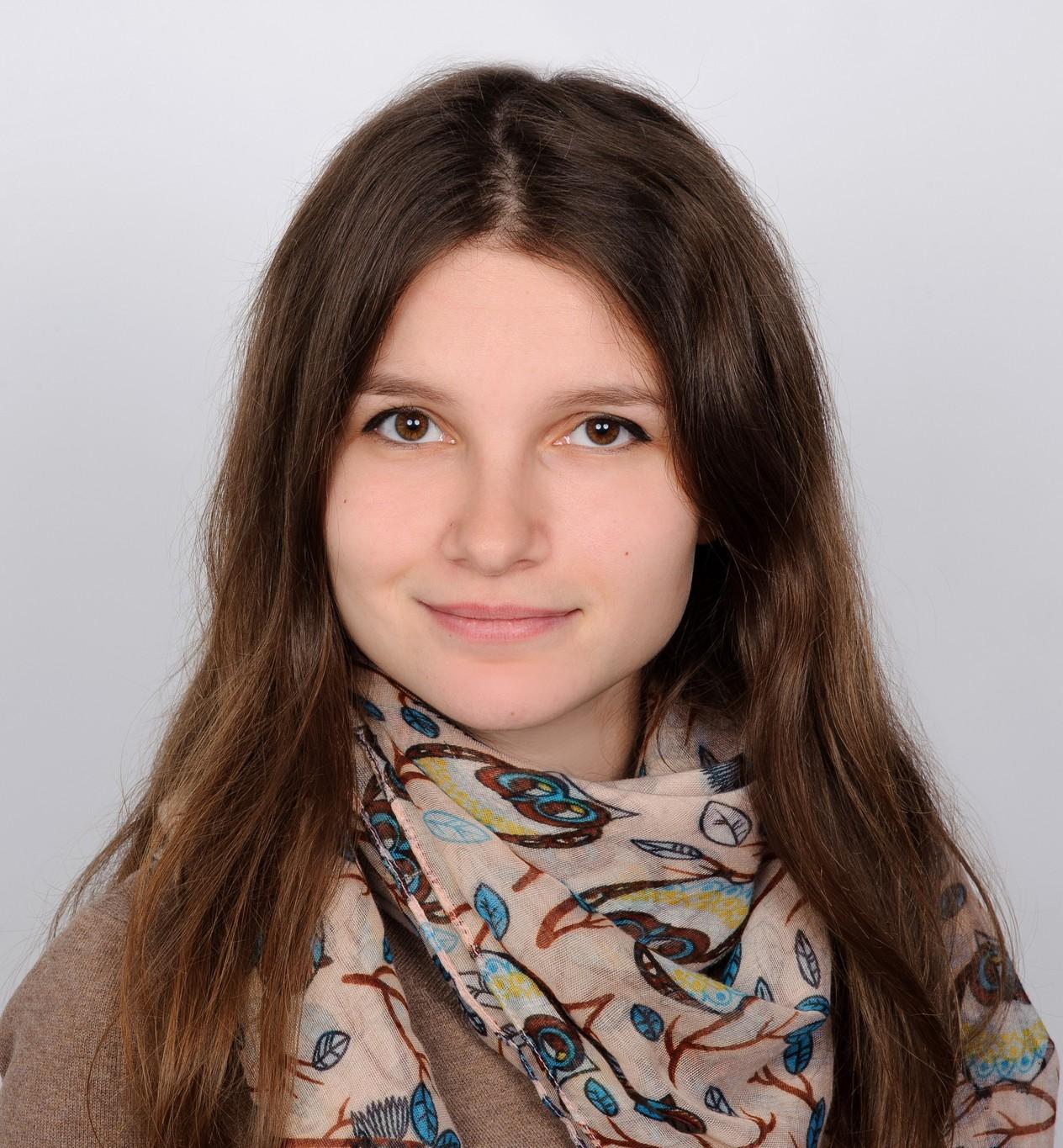
Helisa Dhamo is a research scientist in 3D computer vision at the Huawei London Research Centre. Prior to her current position, she received her PhD from the Technical University of Munich (CAMP Lab) in February 2022, supervised by PD Dr. Federico Tombari. Her research focus at CAMP was on scene understanding, decomposition and synthesis, exploring different representations such as layered depth images and scene graphs. During her PhD studies Helisa did an internship at Facebook (now Meta) Reality Labs Research in September 2020.
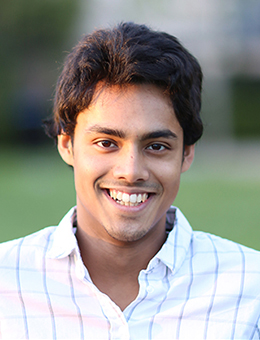
Ranjay Krishna is an Assistant Professor at the Paul G. Allen School of Computer Science & Engineering. His research lies at the intersection of computer vision and human-computer interaction. This research has received best paper, outstanding paper, and orals at CVPR, ACL, CSCW, NeurIPS, UIST, and ECCV, and has been reported by Science, Forbes, the Wall Street Journal, and PBS NOVA. His research has been supported by Google, Amazon, Cisco, Toyota Research Institute, NSF, ONR, and Yahoo. He holds a bachelor's degree in Electrical & Computer Engineering and in Computer Science from Cornell University, a master's degree in Computer Science from Stanford University and a Ph.D. in Computer Science from Stanford University.
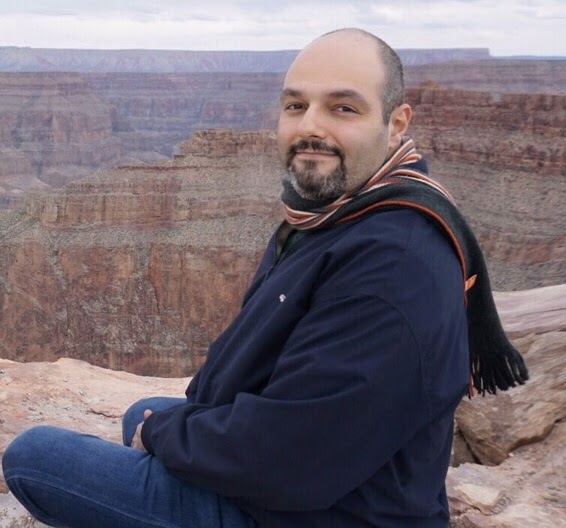
Bernard Ghanem is currently a Professor of ECE and CS at King Abdullah University of Science and Technology (KAUST), Deputy Director of the AI Initiative, and a team leader in the Visual Computing Center (VCC). He leads the Image and Video Understanding Lab (IVUL) at KAUST. His research interests are broadly in computer vision and machine learning, and specifically in large-scale video understanding, 3D understanding, and foundations of machine learning.